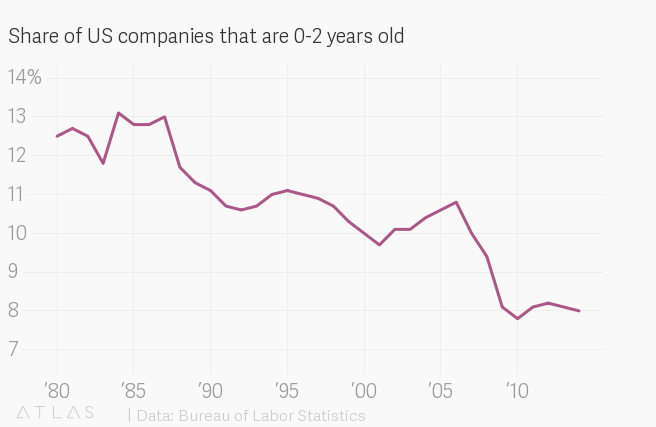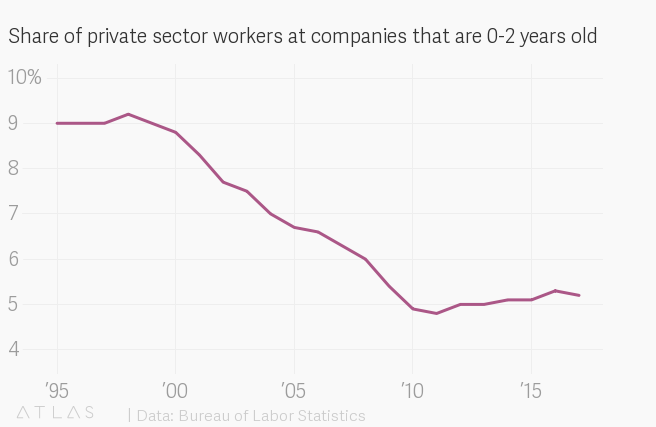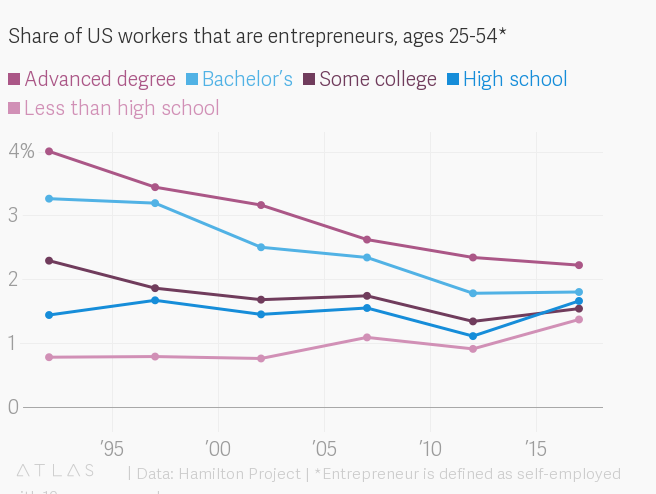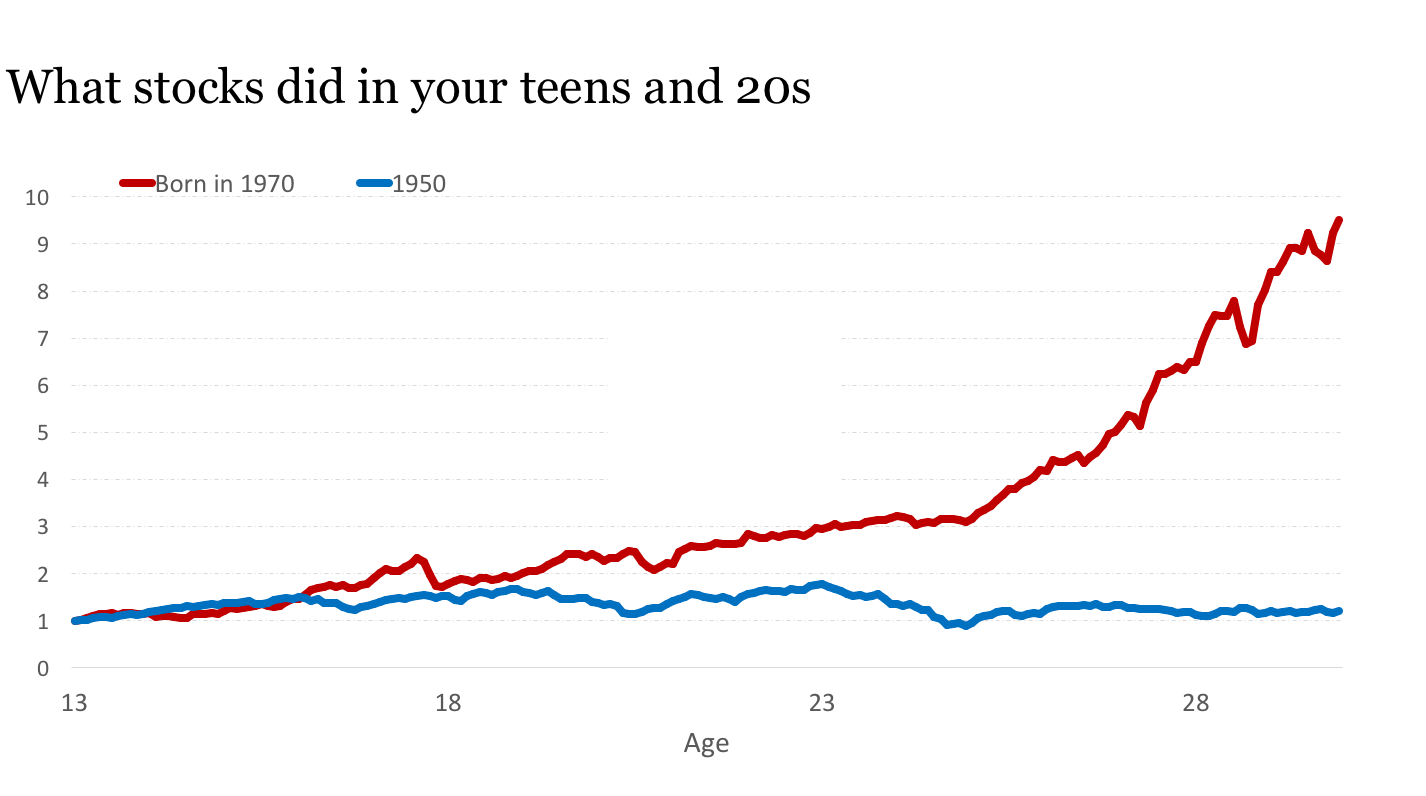Source: Ways to think about machine learning, by Benedict Evans
[Thinking about the invention of relational databases] is a good grounding way to think about machine learning today – it’s a step change in what we can do with computers, and that will be part of many different products for many different companies. Eventually, pretty much everything will have ML somewhere inside and no-one will care.
An important parallel here is that though relational databases had economy of scale effects, there were limited network or ‘winner takes all’ effects.
with each wave of automation, we imagine we’re creating something anthropomorphic or something with general intelligence. In the 1920s and 30s we imagined steel men walking around factories holding hammers, and in the 1950s we imagined humanoid robots walking around the kitchen doing the housework. We didn’t get robot servants – we got washing machines.
Washing machines are robots, but they’re not ‘intelligent’. They don’t know what water or clothes are. Moreover, they’re not general purpose even in the narrow domain of washing … Equally, machine learning lets us solve classes of problem that computers could not usefully address before, but each of those problems will require a different implementation, and different data, a different route to market, and often a different company. Each of them is a piece of automation. Each of them is a washing machine.
one of my colleagues suggested that machine learning will be able to do anything you could train a dog to do, which is also a useful way to think about AI bias (What exactly has the dog learnt? What was in the training data? Are you sure? How do you ask?), but also limited because dogs do have general intelligence and common sense, unlike any neural network we know how to build. Andrew Ng has suggested that ML will be able to do anything you could do in less than one second. Talking about ML does tend to be a hunt for metaphors, but I prefer the metaphor that this gives you infinite interns, or, perhaps, infinite ten year olds.
…
In a sense, this is what automation always does; Excel didn’t give us artificial accountants, Photoshop and Indesign didn’t give us artificial graphic designers and indeed steam engines didn’t give us artificial horses. (In an earlier wave of ‘AI’, chess computers didn’t give us a grumpy middle-aged Russian in a box.) Rather, we automated one discrete task, at massive scale.



